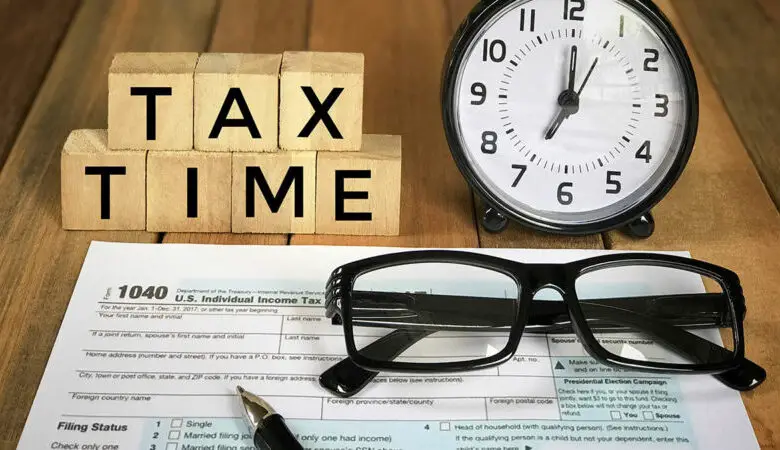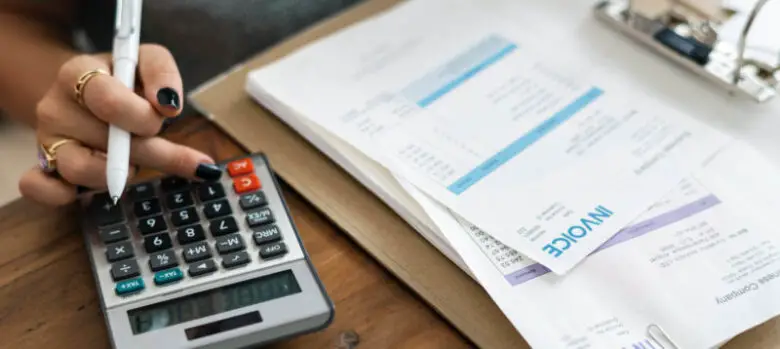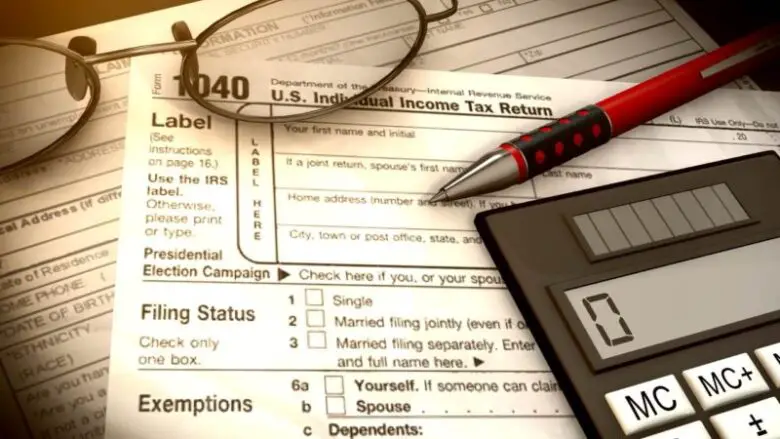How to Best Prepare for Tax Season – 2024 Guide

Now that the new year has gotten started and all the events of 2019 have passed, it’s time to do your least favorite task. That would be free filing your taxes for the previous year with the IRS (perhaps using a service like TurboTax) and making sure you’re in the clear by the deadline in April. It’s essential to do this so that you don’t get hit with unnecessary penalties and end up paying more than you should. Or to receive back the funds that you were overcharged and rightfully due back. The first thing you need to do is hunt down and organize all your financial documents, both personal and business, and make sure you have the information ready to begin the tax filing process.
Business And Business Shouldn’t Be Mingled

Before filing any taxes, you will want to make sure if you own a business that your business funds are in separate accounts, then your personal ones, and that all business expenses are clearly defined as such. Keeping good records throughout the year will help you tremendously when tax time comes around. A few things can be more upsetting than trying to claim a deduction for either your business or your funds only to get an audit letter from the IRS showing an error in that and having to recalculate and re-submit your taxes again. If there are any complexities in your business or tax finances, it will probably be more useful for you to see a tax professional get it sorted out.
Gather Up All Your Financial Documents And Use Them While Filing Or Give Them To The Professional

If you are only filing personal taxes and don’t have too many significant assets that would need to be accounted for, the main items you’d probably need are things like your W2s, student loan statements, 401k document, receipts from charitable contributions you made, and a few others. If you have had multiple jobs throughout the year or several streams of income, you will need a W2 for each. Additionally, if you earn any income as a contract employee, make sure to collect your 1099 forms from each employer. Also, keep in mind that filing your taxes as a single non-dependent person who has no dependents also makes a difference from filing jointly as a married couple or as a head of household. You should also keep documents handy for the following:
-Medical expenses
-Health savings account contributions
-Residential energy expenses
-Proof of large purchases like a new vehicle or home
Businesses often have far more documents to keep track of, so be aware that if you’re going to take on business taxes yourself, it’s going to take a lot longer. Working with a business accountant throughout the year will help keep you organized, avoid the risk of tax filing issues, and make them once a year process much smoother and faster than if you went about it just once.
Don’t Shred Important Documents Just Yet

One issue with tax documents, especially paper ones, is they can pile up really quickly and start overflowing in your cabinets. You might start wondering about when to shred documents, especially if they’ve become old, and they are only relevant to past tax years. Click here for more information on deciding when to shred and when to save. As a general rule of thumb, you should hang on to copies of your tax filings for at least seven years if not longer. The truth is other entities besides the IRS may want to see records of your past taxes, so throwing away tax returns would be foolish in that case. There are a few documents that can be shredded after they’ve been checked against the annual document:
-Direct deposit pay stubs once they match the W2 information
-Monthly bank statements if they match the annual statement
-Receipts that aren’t tax-deductible
-Receipts for tax-deductible items and donations
-Utility bills after one year
-Monthly investment statements once they’ve been verified against your annual statement
If you’re in doubt about a particular document or statement and its tax implications, hold onto it until you’re sure it should be discarded. Consult with your tax professional before destroying any documentation. It’s essential when you do shred that you use a highly secure shredder to make sure no dumpster divers go after documents. In the digital age, you can also scan and save paper tax documents or save electronic versions in a cloud storage database or external hard drive to avoid the mess of papers. Relying on a paper trail also comes with the risk of damaged documents in potential fires or floods, or losing track of paperwork with time.
Consider Other Reasons To Hire A Professional

If you’re on a budget and want to save as much money as possible filing taxes, and your financial situation doesn’t involve a large family that you take care of, filing them yourself, such as using an online service, should work out. There are several free software that allows the public to submit simple tax forms free of charge. For tax filings that are a bit more complicated, you can still file yourself with the software, but they usually come with a fee depending on the required forms.
But if you have a family, have quite a few assets, are regularly donating to charity, own a business, or travel and make money overseas from time to time, you may want to hire a professional. Keep in mind that although professionals do charge hundreds of dollars in fees, they may find you more deductions and credits and lessen the risk of being hit with an audit. If you feel you don’t have much time to untangle your finances, hiring someone is probably the best option.
Tax season does take some prep work and know-how when it comes here. But the best decision you can make is not to put it off because life can happen, but the IRS waits for nobody.
